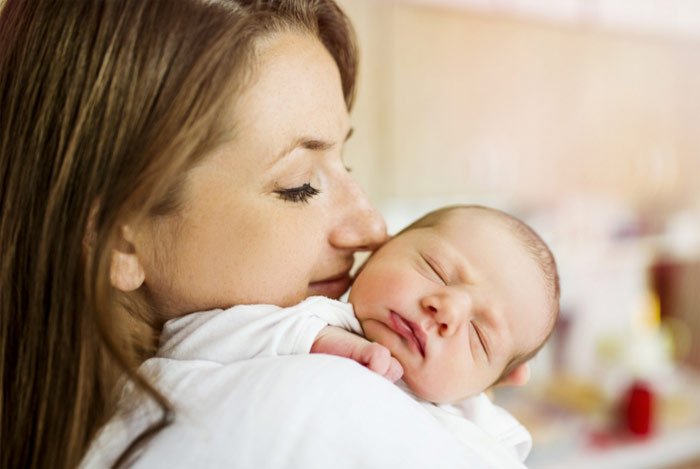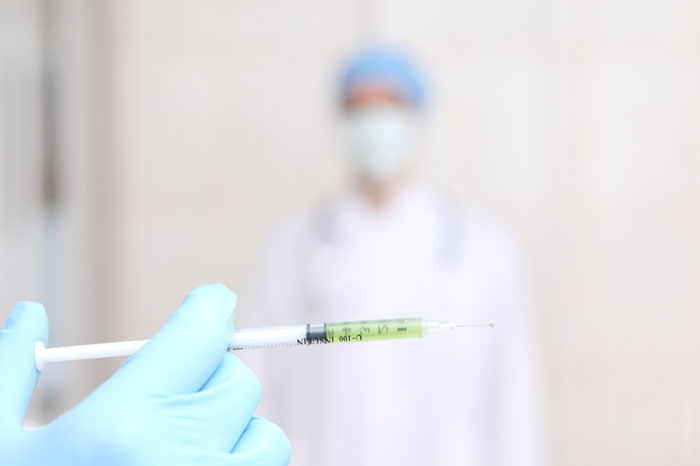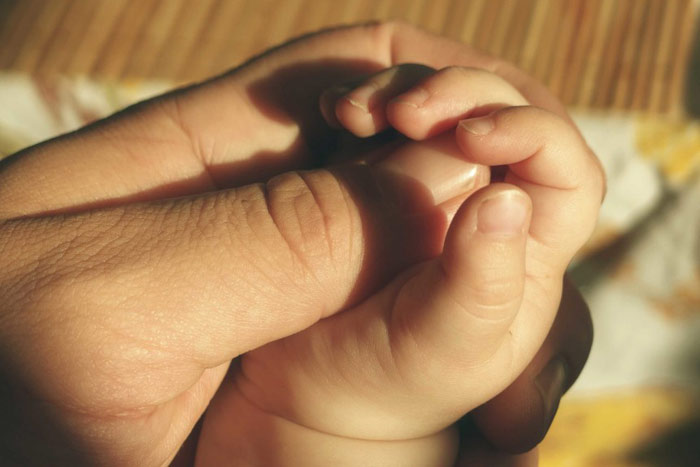Female Infertility Treatment with Human Growth Hormone
The modern woman prefers to bear children later in the life. One of the consequences of this tendency is that more women begin to resort to fertility treatment. As we know, as the woman gets older, it gradually becomes more problematic for her to get pregnant, and it goes for assisted reproduction as well as for natural conception.

What is HGH and Can It Help You Conceive?
An important factor of successful conception is somatropin or GH, Growth Hormone, which is so called because of the part it plays in processes like regeneration of tissue, reproduction of cells, and stimulation of development of new cells. In medicine, Growth Hormone is employed to treat infertility (in both sexes) and various growth abnormalities. It increases the fertility rate owing to stimulation of ovarian production and helping follicles evolve into viable eggs. Actually, the possibility and potency of somatropin as a fertility cure hasn’t been fully researched yet, but GH proved to significantly assist therapy in a number of cases used in conjunction with other types of treatment.
Growth Hormone and Ovarian Production
The influence of somatropin on ovarian production
When women get treated with hGH (and other hormones), it encourages the ovaries to generate viable eggs. Also when used with a selection of various hormones it can be instrumental in androgen turning to estrogen.
Another effect of hGH which helps promote better fertility is its ability to inhibit apoptosis, also known as the “death program,” responsible for the body shedding what it takes as surplus eggs when menstruation commences.
As emerges from medical research, eggs in which there is a larger amount of the natural content of hGH are generally more fertile compared to those where the natural hGH amount is lower. This goes to show that hGH is strongly linked with eggs’ fertility qualities; besides, it can make eggs mature faster working in combination with some other hormones.
Growth hormone as a remedy for infertility

Infertility in women is now fought employing various therapies. Ovarian stimulants is one way to increase women’s fertile ability. Ovary stimulating is usually conducted through the use of drugs like letrozole or clomiphene, or, alternatively, gonadotropins and other hormones. For a while now GH has also been used in suchlike treatments in compounds with other effective substances.
Further exploration of links between GH and fertility in women revealed the most potent combination of the hormone which works wonders for growing follicles in the ovaries – it should be used together with menotropin, the hormone chorionic gonadotropin and some other substances of the kind. Tests of this particular therapy with women laboring under different cases of hypogonadism showed undoubted success, achieving increased fertility without necessitating larger doses of menotropin.
A current hypothesis runs that Growth Hormone may even influence the uterus size. Yet despite the fact that the somatropin-based treatment proved to be of a great help to women struggling with infertility in different forms, with those women who failed with in vitro fertilization treatments (IVF) it seems that the introduction of the hormone led to no conspicuous improvement of the issue. Still, fertility experts are continuing the testing of IVF treatments enriched with GH with women who were unable to conceive after a complete IVF therapy in the hope of raising their level of fertility. It must be mentioned that proofs of the hormone’s success in treating female infertility being inconclusive, the FDA hasn’t endorsed this kind of treatment in abeyance until the research has been finalized properly.

There are recorded cases of women who have been plagued with infertility-related problems for years and years and had very low levels of Growth Hormone – for them growth hormone injections proved very beneficiary. At this moment the injections are usually dosed within the weekly amounts of 0.9 milligrams to 1.8 milligrams, no certain results guaranteed. The optimum dose is yet to be worked out.
Well, we know that any treatment method ought to be thoroughly researched before we can rely on its improving our health, in this case, female infertility. There is little doubt that GH, if administered in combination with other compounds, may be profitable for fertility rates; but so far it doesn’t qualify as a primary treatment and cannot be prescribed to all women with fertility issues.
